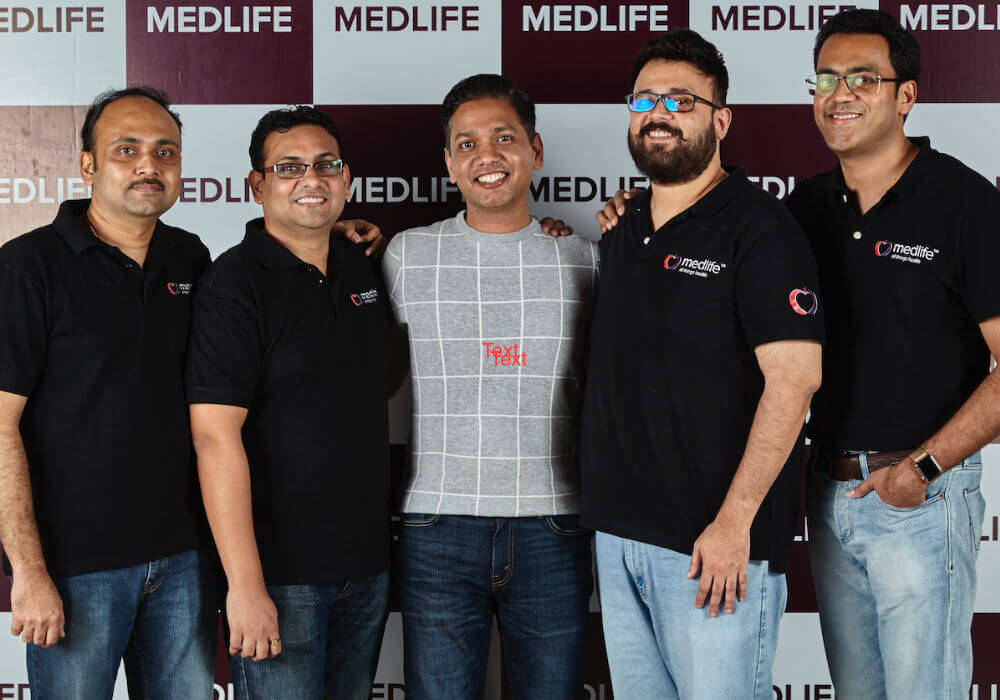We all have heard how ‘slow and steady wins the race’. A real-life example of this proverb is the Bengaluru-based startup Medlife. Launched in 2014 by Prashant Singh and Tushar Kumar, the venture came with the single purpose of being a medicine delivery platform. They wanted to be a virtual pharmacy that wanted to bring accessibility and affordability in the Indian e-pharmacy market.
In FY2018, they recorded operating revenues of Rs 135.7 crores. A year later, they saw an increase of 2.7 times, reaching Rs 363.4 crores in FY19. Seeing their business being a success in the market, they slowly stepped forward to add other segments to their business. Along with pharmacy, they covered diagnostics and e-consultation services. They were becoming a one-stop solution for doctor’s consultation and medicines delivery.
In 2018, Medlife acquired EClinic, a health-tech startup. The next year, they further acquired Medlabz and MyraMed. The former is a digital healthcare platform and the latter is a pharmacy-based startup. The same year, former CEO of Myntra, Ananth Narayanan joined Medlife as a co-founder and CEO.
The initial co-founding duo, Singh and Kumar added $20 million to Medlife. The startup received $30 million from Alkem Laboratories. Another $15 million came from Wilson Global Opportunities Fund. When they were in operation, they have reached 25000+ pin codes in 29 states and 7 Union Territories of India.
In a Frost and Sullivan report, they labelled Medlife the owner of 30% of the Indian e-pharma market. When Pharmeasy acquired Medlife, it skyrocketed Pharmeasy’s position making it the biggest e-pharmacy of India. Pharmeasy acquired Medlife for an undisclosed price.
Despite closing its operation in May 2021, Medlife will stay as a shining example of slow and calculated success in India’s budding healthcare startup sector.

 Despite closing its operation in May 2021, Medlife will stay as a shining example of slow and calculated success in India’s budding healthcare startup sector.
Despite closing its operation in May 2021, Medlife will stay as a shining example of slow and calculated success in India’s budding healthcare startup sector.







.jpg)
.jpeg)










.jpeg)



.jpg)






.jpg)


